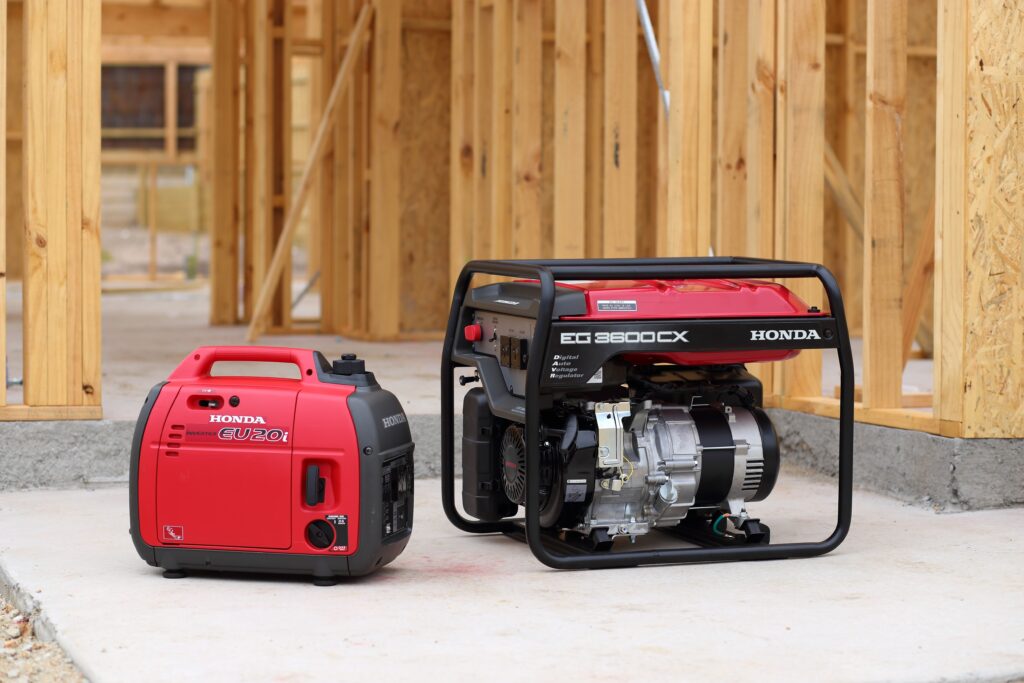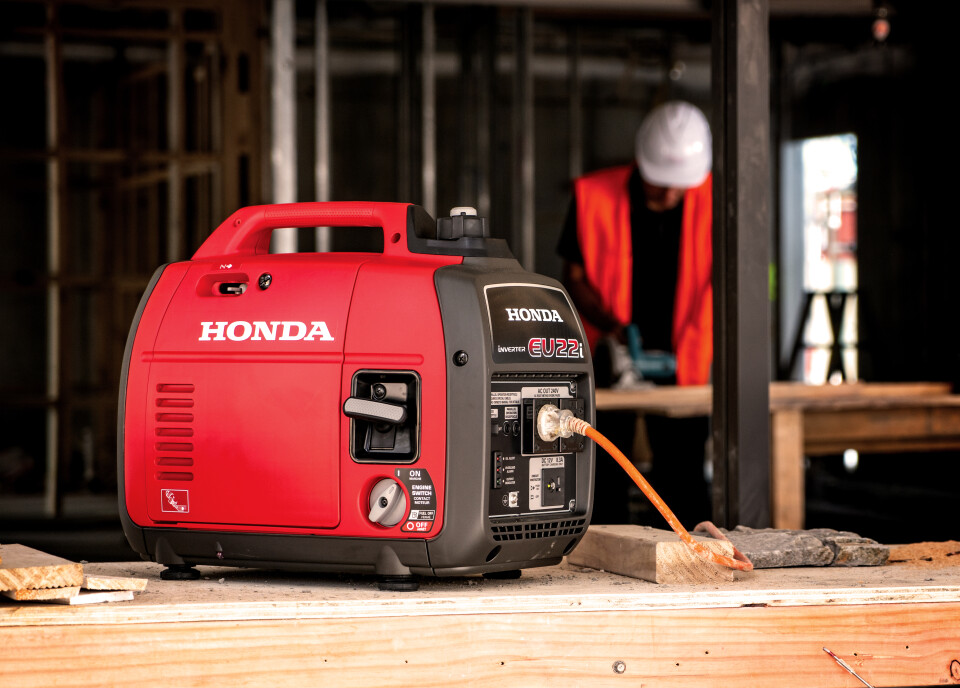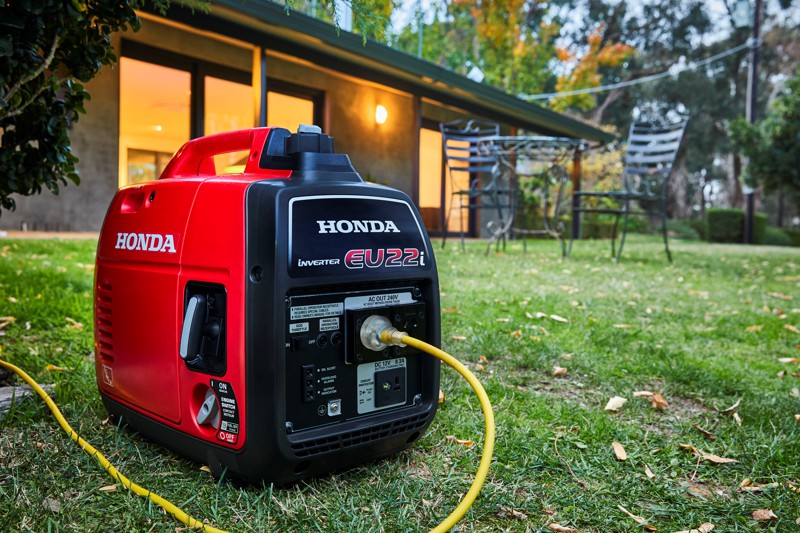We live in a world that depends on technology, and with all this technology comes a growing need for power all the time. When you lose control for a few hours, your food will inevitably go bad, your sump pumps will stop working, your battery power will run out, and you’ll have to live like a pioneer until the power returns. But what if it wasn’t necessary? What if, for a small amount of money, you could live comfortably during a power outage while your friend’s light candles and turn on radios?

A portable generator that stays on all the time could solve this problem. It’s fine if only some people want to use a fixed standby generator because it costs money and takes work. You can meet your needs with a small generator.
Here, we talk about whether a portable generator or a standby generator is a better choice:
Portable generators:
Portable generators make electricity by running a gas-powered engine that turns a rotor inside the generator to produce electricity. The box has power outlets that plug extension cords, electric tools, and appliances. They make between 1,000 and 25,000 watts of power. Portable generators that put out between 1000W and 2500W usually have an easy-to-grip handle and weigh less than 50 pounds when dry.
Pros:
- It’s lightweight and fits in a shed or closet.
- Useful indoors, outdoors, and in mobile homes.
- Holds houses from 1,000 to 3,000 square feet.
- Some have patterns that are closed.
- The ones that are “portable” are very quiet.
- They are more expensive than the old-fashioned ones; they usually only cost a few hundred dollars and saving money.
- Easy to set up, and there’s no red tape from utilities to slow things down.
- The only skill needed is a licensed electrician.
- Even though the transfer method is done by hand, it is quick and easy.
- Carbon monoxide sensors are built into newer models. When CO levels reach a certain amount, the engine shuts off.
Standby:
A standby generator is a backup power source that works on its own. An automatic transfer switch senses a power outage, starts the generator, and transfers the electrical load. The circuits start getting power from the standby generator. However, standby generators can also be used to power homes. They may make 8 kW to 100 kW or more of power.

Pros:
- Very strong; it can run everything in your house, like the lights, TV, and fridge.
- It can still work even when the power is turned off.
- A large tank that is hooked up to your home’s gas line, so you never have to fill it up.
- Hands-free, automatic start-up about 10 seconds after an automatic transfer switch (ATS) identifies a power outage.
- A person can burn anywhere from 15 to 50 gallons of propane or natural gas every day for a long time without doing anything or paying attention.
- Self-exercise once a week is suggested.
- It’s quieter than a portable generator that runs on gas, diesel, or a combination. This is because of the way the sound is muffled.
- It makes a home and business worth more.
- A warm cover.
- Weatherproof.
Conclusion:
We’ve seen portable generators work better than generators that always stay on. The main differences between portable and standby generators are how easy they are to use, how much they cost, how well they work, and how long they last. Even though standby generators use less fuel, run longer, and are more powerful, portable generators are easier to set up and require less upkeep.


